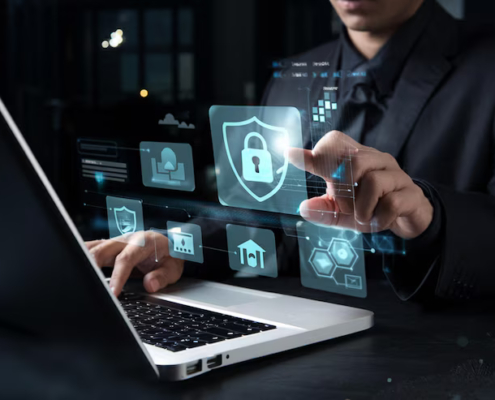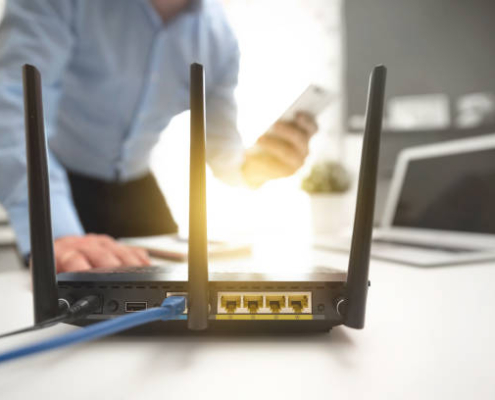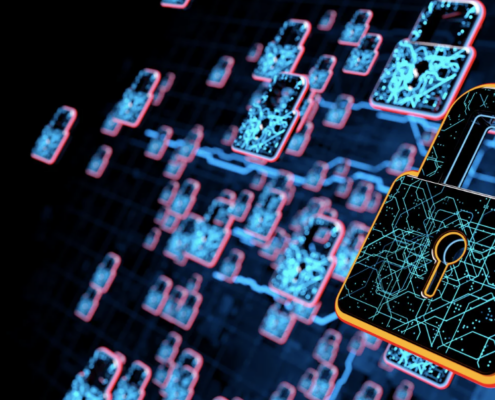
10 Ways Virtual CIO Services Dallas Give Businesses the Competitive Edge
Learn how business continuity planning Dallas supports secure remote work, ensuring seamless operations and growth with IPRO’s tailored solutions.

How Network Security Benefits Everyone
The benefits of network security are essential for protecting…

Choosing Between Service Desk vs Help Desk
When it comes to service desk vs help desk, both offer support,…

Building a Successful IT Consulting Business
Starting an IT consulting business can be an exciting and rewarding…

Tech Moves Fast—Can Your Business Keep Up?
Learn how business continuity planning Dallas supports secure remote work, ensuring seamless operations and growth with IPRO’s tailored solutions.

How to Power Cycle a Router?
Knowing how to power cycle router is important because it helps…

Modem vs. Router Understanding Their Differences and Functions
Many people get confused about modem vs router, but knowing the…

How Old Technology Shaped the Future of Innovation
Old technology has shaped how we live today. Many devices become…

Business Continuity Planning Dallas: How to Secure Remote Work and Scale Your Business
Learn how business continuity planning Dallas supports secure remote work, ensuring seamless operations and growth with IPRO’s tailored solutions.

How Business Continuity Dallas Protects Your Business from Cyber and Operational Threats
Learn how business continuity Dallas protects companies from cyberattacks, natural disasters, and operational failures to ensure seamless business operations.
